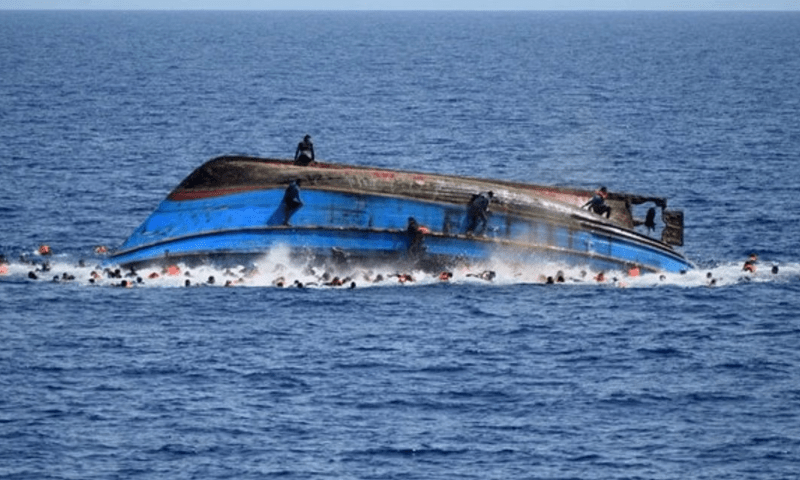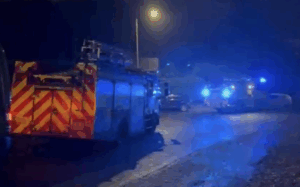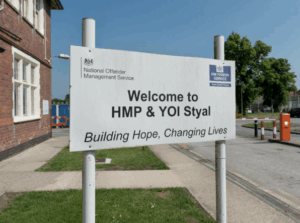A devastating maritime disaster occurred off the coast of Mauritania, where at least 15 people have died and over 150 remain missing after a boat capsized. The vessel, carrying migrants hoping to reach Europe, overturned after facing strong winds and challenging sea conditions.
The International Organization for Migration (IOM) reported that approximately 300 individuals had embarked on the perilous journey from The Gambia, travelling about 850 miles over seven days at sea. The tragic incident unfolded on Monday, with the Mauritanian coastguard managing to rescue 120 survivors over the following days.
“We are deeply saddened by the death of 15 migrants and the estimated disappearance at sea of 195+ people after a boat capsized in Nouakchott,” the IOM stated on social media, reflecting the grave nature of the ongoing situation.
Medical teams have urgently referred ten of the survivors to hospitals, while efforts to identify and assist unaccompanied minors among the rescued continue. The IOM highlighted that four unaccompanied and separated children were among those saved.
This latest incident underscores the increasing dangers of the West African route to Europe, particularly to Spain’s Canary Islands. Migrants, driven by dire economic circumstances and political instability in regions like The Gambia and Senegal, often resort to boarding overloaded and unseaworthy vessels provided by smugglers.
The IOM has repeatedly emphasized the urgent need for safe and regular pathways for migration to prevent such tragedies. Safe and regular pathways to migration are sorely lacking, which is what gives room to smugglers and traffickers to put people on these deadly journeys,” noted the IOM last August.
The anniversary of this incident coincides with a sombre milestone—25 years since the first known shipwreck carrying migrants to the Canary Islands occurred, where nine Moroccans drowned near Fuerteventura on July 24, 1999.
As rescue and recovery efforts continue, local sources in Mauritania warn that the death toll may rise. Surely other lifeless bodies will be discovered in the next two days,” said Ibba Sarr, a local fishmonger, indicating the ongoing severity of the situation.
The international community and regional authorities are closely monitoring the aftermath of this tragedy as they seek to address the complex challenge of migration across such dangerous routes.





































